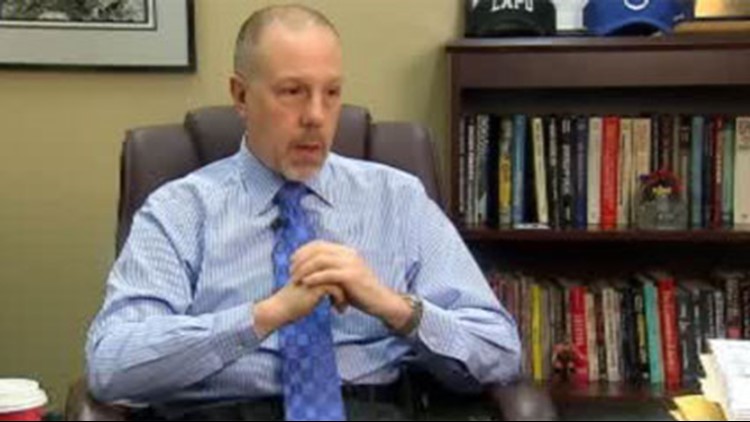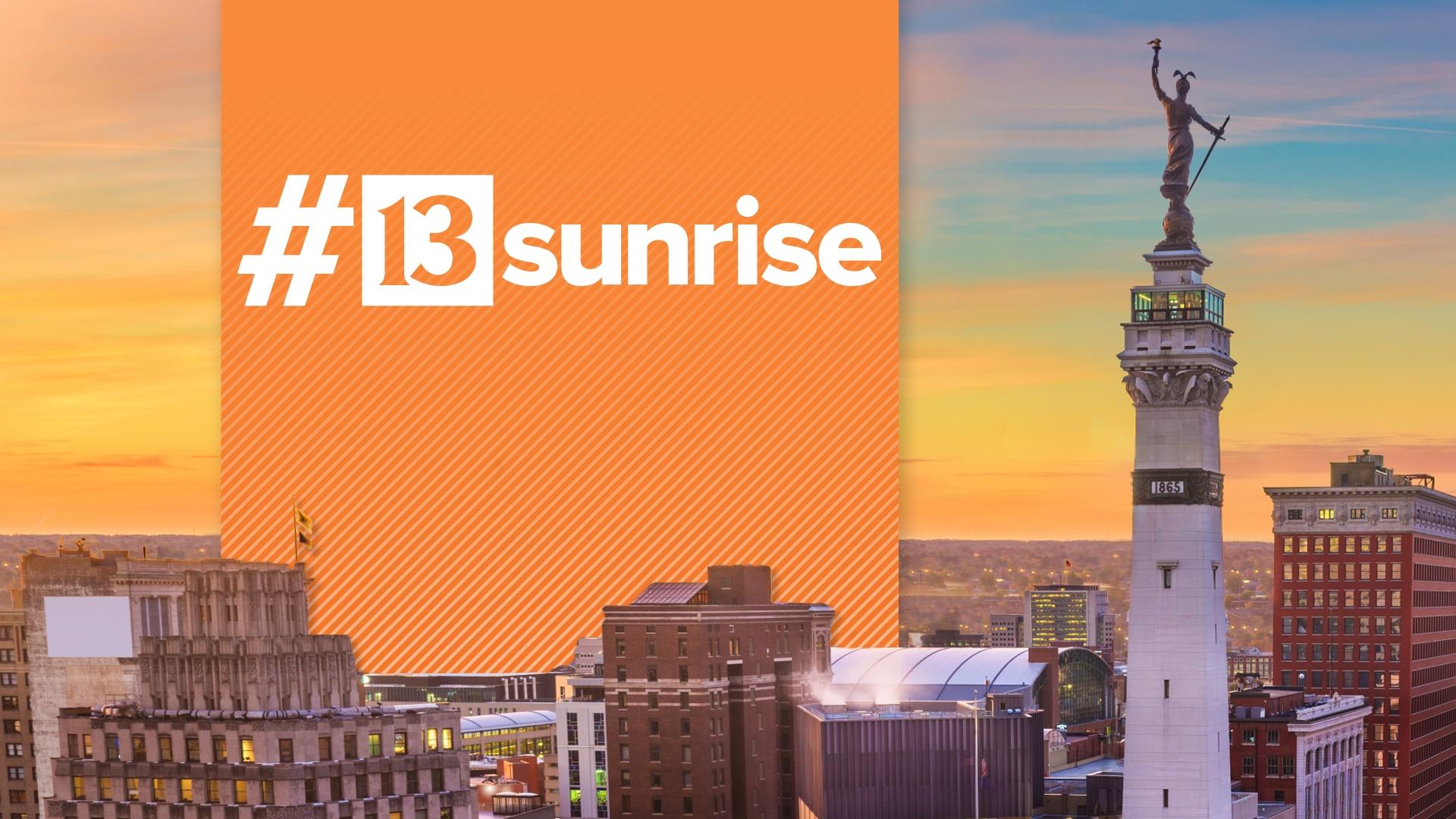The head of public safety in Indianapolis is answering questions about emergency response problems uncovered by 13 Investigates after the State Fair tragedy.
On the heels of one disaster, is the city ready to deal with a potentially bigger emergency as tens of thousands of people come here for the Super Bowl?
"We need to rethink our strategy. It's not working. We need to get the trucks down here in order to start," warned an emergency responder, frustrated by the problems crews encountered trying to get ambulances to the injured during the stage collapse.
It was gut-level honesty during the midst of one of the worst disasters in Indiana history August 13 at the Indiana State Fair. The first critical hour of the response after the stage collapse, Indianapolis firefighters and medics fight through gridlock and muddy conditions to get to patients.
"You're always going to have this level of difficulty in the initial phases of any mass casualty event. I'm confident, though, as the event unfolded, all of the people involved handled the situation very, very well," Public Safety Director Dr. Frank Straub said of some of the problems with ambulances unable to exit the fairgrounds.
Now for the first time since 13 Investigates first brought you exclusive radio dispatch communications, the Straub is speaking about his crews response. But he declined to answer questions about a blacked out report or the State Fair's emergency planning, citing pending legal matters..
"I can't comment on that," Straub said, unapologetically. "Do what we have to do. Have state police open up the line. But we need to get the trucks up here. We can't keep having the patients dragged across the pavement up to you," said the concerned voice of an emergency worker transmitting over radio dispatch the night of the collapse.
Straub, who was in New York for 9/11, says he arrived at the fairgrounds about 45 minutes after the collapse. He credits on- and off-duty medics with saving lives.
"Everybody checked their egos at the door and it was 'How do we get this job done? How do we save lives? How do we secure the site?'," Straub told 13 Investigates, describing the cooperation that he said made him proud.
But he admits there was no time wasted on the back side, figuring out what went wrong.
"Within 24 hours of the collapse, we had a meeting in house with all of the public safety, our people, the city people to do an analysis of what happened, what we could have done differently. What worked and what didn't he explained," he said.
Straub says that on-going analysis gives him confidence as he looks toward the Super Bowl, hoping for an incident free event, but prepared.
"You have to look at emergency notification, you have to look at response protocols, you have to look at the actions of individual people on a regular basis and if you don't do that, then shame on you," Straub concluded.
Just this past weekend, Straub says the NFL Security team joined local, state and federal agencies at the Big Ten Championship for a Super Bowl training session.
While the city has released its emergency dispatch tapes, Indiana State Police, who also had separate recordings, is refusing to release theirs or anything related to its response.



